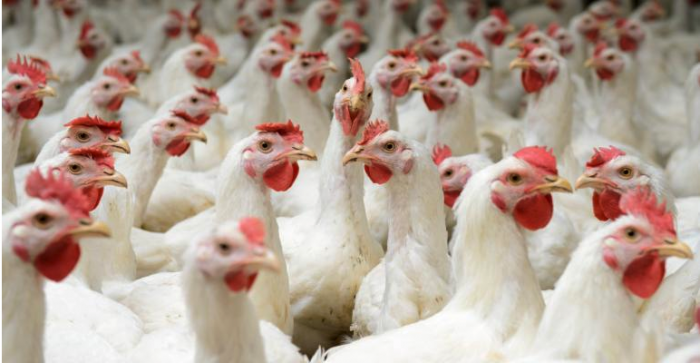
This course introduces learners to the principles and practices of animal production with emphasis on efficient management of livestock for sustainable agricultural development. It covers key areas such as livestock breeds and breeding, nutrition, housing, health management, reproduction, and record keeping. Learners will gain both theoretical knowledge and practical skills necessary for the production of major livestock species including cattle, sheep, goats, pigs, poultry, and rabbits.
Through practical sessions, demonstrations, and field visits, learners will develop competencies in animal husbandry practices, feed formulation, disease control, and general farm management. The course also emphasizes the importance of animal welfare, environmental sustainability, and agribusiness opportunities in livestock production.
Course Aim:
To equip learners with knowledge, skills, and attitudes necessary for efficient and sustainable animal production and management.
Learning Outcomes:
By the end of this course, learners should be able to:
-
Identify and describe different livestock species and breeds.
-
Demonstrate proper livestock housing and management practices.
-
Apply appropriate feeding and breeding techniques for improved productivity.
-
Identify common animal diseases and apply preventive and control measures.
-
Keep accurate records related to livestock production.
-
Appreciate the role of animal production in national food security and economic development.
- Teacher: Admin User